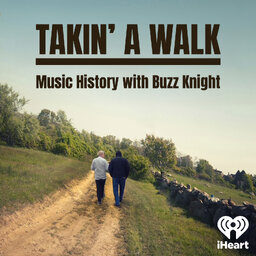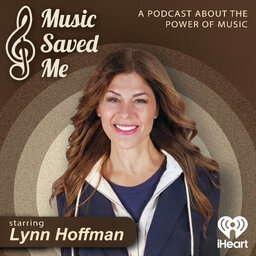"Soulful Strides: Marc Broussard's Musical Journey"-Music History on Foot
Join @thebuzzknight with "Bayou Soul" maestro Marc Broussard. Marc shares the rhythms of his life and career, from his roots in Carencro, Louisiana, to his rise as a celebrated singer-songwriter. Marc opens up about his unique blend of funk, R & B, rock, and pop, which has captivated audiences worldwide. Marc reflects on the immense impact his father; Louisiana Hall of Fame guitarist Ted Broussard has had on his life and how that influences him to this day.
If you have comments or suggestions, write buzz@buzzknightmedia.com
Follow us on Instagram @takinawalkpodcast.
If you like this podcast, check out our companion podcast from Buzz Knight Media Productions called Music Saved Me. Listen here. Listen
In 2 playlist(s)
Takin' A Walk - Music History with Buzz Knight
On the Takin’ A Walk-Music History Podcast, Buzz Knight goes deep with American music’s most iconic …Social links
Follow podcast
Recent clips
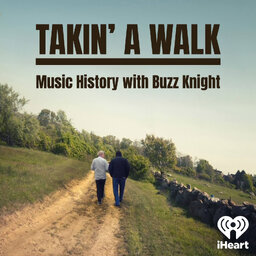
"Jerry Douglas : The Dobro Master Who Revolutionized Bluegrass Music: Inspiring Icon Interview-Encore"
33:15
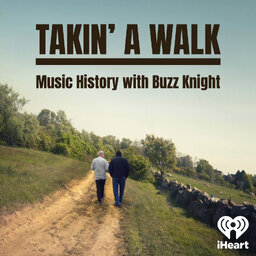
Exploring Music History : Buzz Knight Interviews Zak Starkey on Drumming, Legacy and Iconic Performances
20:59
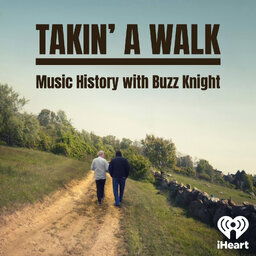
Buzz Knight Welcomes Alan Pepper and Billy Altman to Explore The Bottom Line's Legendary Music History Journey
44:27
 Takin' A Walk - Music History with Buzz Knight
Takin' A Walk - Music History with Buzz Knight